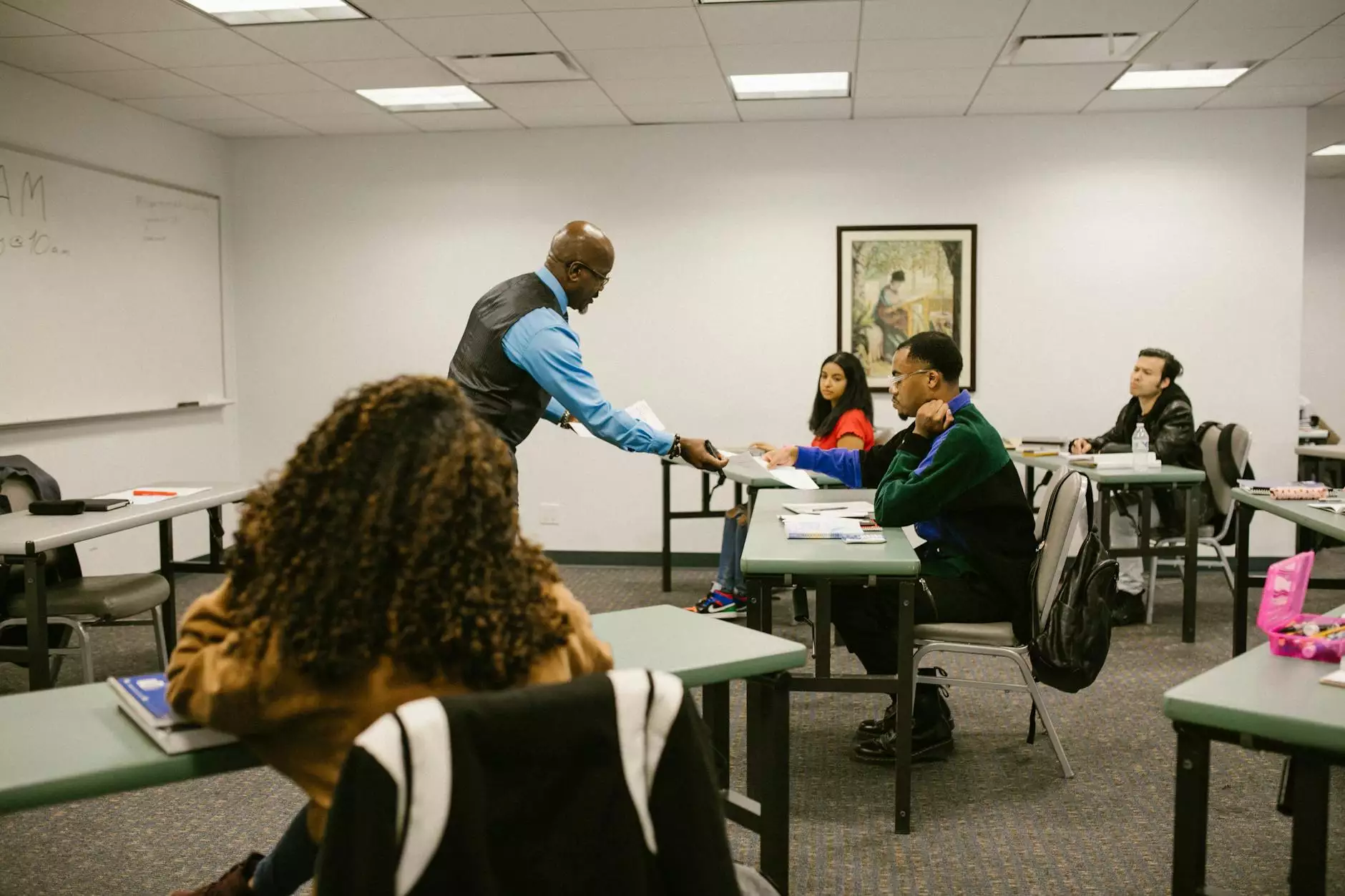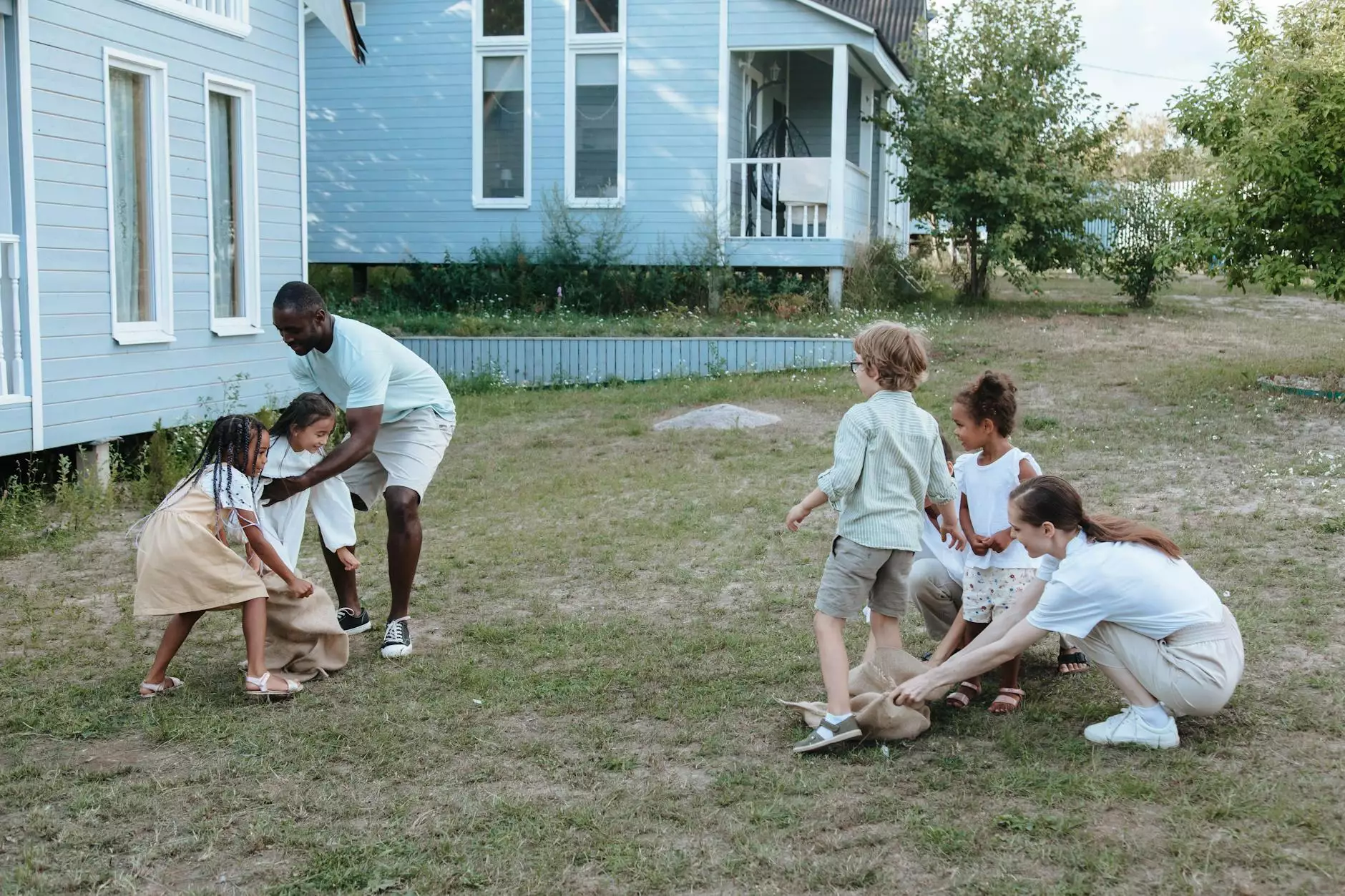5 Life Skills You Can Teach in Special Education Classes

Special education classes play a vital role in providing individuals with special needs the support they need to thrive and succeed. Beyond academic learning, it is important to recognize the significance of teaching life skills that empower these individuals with the tools they require to lead independent and fulfilling lives. In this article, we will explore five essential life skills that can be incorporated into special education classes to maximize the educational experience of those individuals.
1. Communication skills
Effective communication is a fundamental skill that enables individuals to express themselves, understand others, and build meaningful connections with the world around them. Special education classes can focus on nurturing communication skills by incorporating various techniques such as visual aids, role-playing exercises, and social stories. By providing opportunities for verbal and non-verbal communication, individuals with special needs can develop confidence and express their thoughts and emotions effectively.
2. Daily living skills
Equipping individuals with special needs with essential daily living skills is crucial for promoting independence and self-sufficiency. Special education classes can focus on teaching practical skills such as dressing, personal hygiene, meal preparation, and money management. By incorporating hands-on activities and real-life simulations, individuals can acquire the necessary skills to navigate their daily routines with confidence.
3. Social skills
Developing social skills is essential for individuals with special needs to foster meaningful relationships, engage in social interactions, and navigate various social settings. Special education classes can integrate social skill-building activities such as group projects, cooperative learning exercises, and role-playing scenarios. By focusing on areas such as active listening, empathy, conflict resolution, and initiating conversations, individuals can enhance their social competence and feel more included in their communities.
4. Problem-solving skills
Problem-solving skills are invaluable in helping individuals overcome challenges and make informed decisions. Special education classes can incorporate activities that encourage critical thinking, logical reasoning, and solution-oriented approaches. By presenting real-life scenarios and encouraging individuals to explore different problem-solving strategies, they can develop their abilities to analyze situations, think creatively, and make effective decisions.
5. Emotional regulation skills
Emotional regulation skills are essential for individuals with special needs to manage their emotions, cope with stress, and regulate their behavior effectively. Special education classes can introduce techniques such as deep breathing exercises, mindfulness practices, and emotional identification activities. By providing individuals with tools to recognize and manage their emotions, they can develop resilience, self-control, and emotional well-being.
In conclusion, special education classes have the potential to empower individuals with special needs by teaching them essential life skills that enhance their overall quality of life. By incorporating communication skills, daily living skills, social skills, problem-solving skills, and emotional regulation skills into the curriculum, educators can create an inclusive learning environment that prepares individuals for meaningful participation in society.










